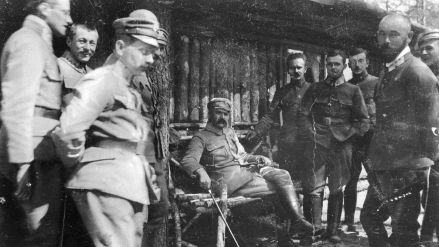
The content was clear - they would give a state, but created only from the lands of the Russian partition.
see more
Mine. I had been looking for a way to honor Mieczysław for a long time. At first I considered erecting a monument to him at Westerplatte, but it came to pass that in the meantime I got information about finding his grave in Beckenham near London. Then I thought Mieczysław should be buried in Poland.
Why specifically in Gdańsk?
I felt that because of his work in and for Gdańsk [after Poland regained independence, Mieczysław Jałowiecki became the first representative of the Polish government in the Free City of Danzig – ed.] he was completely unknown in Poland. He opened the door to Gdańsk for the Republic. Without this mission, he would have simply been a landowner from Lithuania. I think, however, that he left Poland with regret that no one appreciated his work, so I wanted to bury him in Gdańsk. It has the highest possible monument in the cemetery, made of the most beautiful stone. The obelisk of Gustav III in front of the royal palace in Stockholm is made of the same material. In my opinion, what has recently happened in Gdańsk may be called a “rebirth” – a rebirth of Mieczysław.
Now what?
Funerals are regarded as the end of an era, and in this case having your great-grandfather reburied is just the beginning.
What are your plans?
To publish more books. One is ready – “People I knew” (Ludzie, których znałem”). It is a register of all the people Mieczysław knew and his opinions on them. Afterwards it would be advisable to publish all that inventory of estates made by grandfather, because it’s something brilliant. I would also like to publish albums of Mieczysław’s watercolors, as well as memories from his studies at the Riga Polytechnic and membership in the Arkonia corporation, which included, among others, Władyslaw Anders. This book is also ready. People also want to know what happened to Mieczysław in England. I don't know if I have an answer to that. My great-grandfather preferred to write about the past. He had such a rich life before the war that emigration to England must have been trivial for him. In any case, his memoirs are like olives, and you can still squeeze five books out of them.
 SIGN UP TO OUR PAGE
SIGN UP TO OUR PAGE
 I’m guessing it’s not the end.
I’m guessing it’s not the end.
I have always dreamed that Jałowiecki's books would be included in the school reading list. I know it’s hard, but people write about it in the comments on social media and add that these memories should also be made into a movie. And there will be one. Movie and series. Now that’s how it’s done. Three episodes for “On the verge of the Empire”, three for “The Free City” and three for “Requiem for the Landowners” (“Requiem dla Ziemiaństwa”).
It's “mission impossible”. It has been impossible to film better stories in Poland.
It will be a great challenge, but I hope to find partners who feel the same way about this topic. In fact, it’s already happening. I would knock on the doors of many institutions and nothing, and now they just open. I just don’t want another “Hiszpanka”… I've been thinking about establishing a Mieczysław Jałowiecki foundation and I believe that it is now necessary to strike while the iron is hot. It’s time for a foundation supporting children’s mental health, and on the other hand funding a literary prize named after my grandfather. And one more dream: I would like the memory of Mieczysław to bring people together, so that a Lithuanian, a Latvian, a Belarusian and a Pole could stand in one room and look at my great-grandfather’s watercolors, forget about politics and see how beautiful their common world used to be.
So the history of your family also has a more optimistic side?
Sure it does. For most of my life I was an emigrant wandering around the sea without a compass, it was only when I got to know the history of Mieczysław Jałowiecki, our family, that I found out who I am, where I come from and where I am going. Mieczysław gave me an identity that I didn't have for a long time. Now I am Andrzej Jałowiecki, born in Gdańsk, in a family that came from Sylgudyszki in Lithuania, which before the war ended up in Kamień and I have something to be proud of. Mieczysław also gave me a goal in life promoting his legacy is the best job I could have dreamed of. Thanks to it, I can leave a trace, somehow enter this family history. Cause I'm the last. And that's a beautiful thing. I can die today knowing that my ancestors will be proud of me.
– Interviewed by Anna Gwozdowska
– Translated by Dominik Szczęsny-Kostanecki
TVP WEEKLY. Editorial team and jornalists
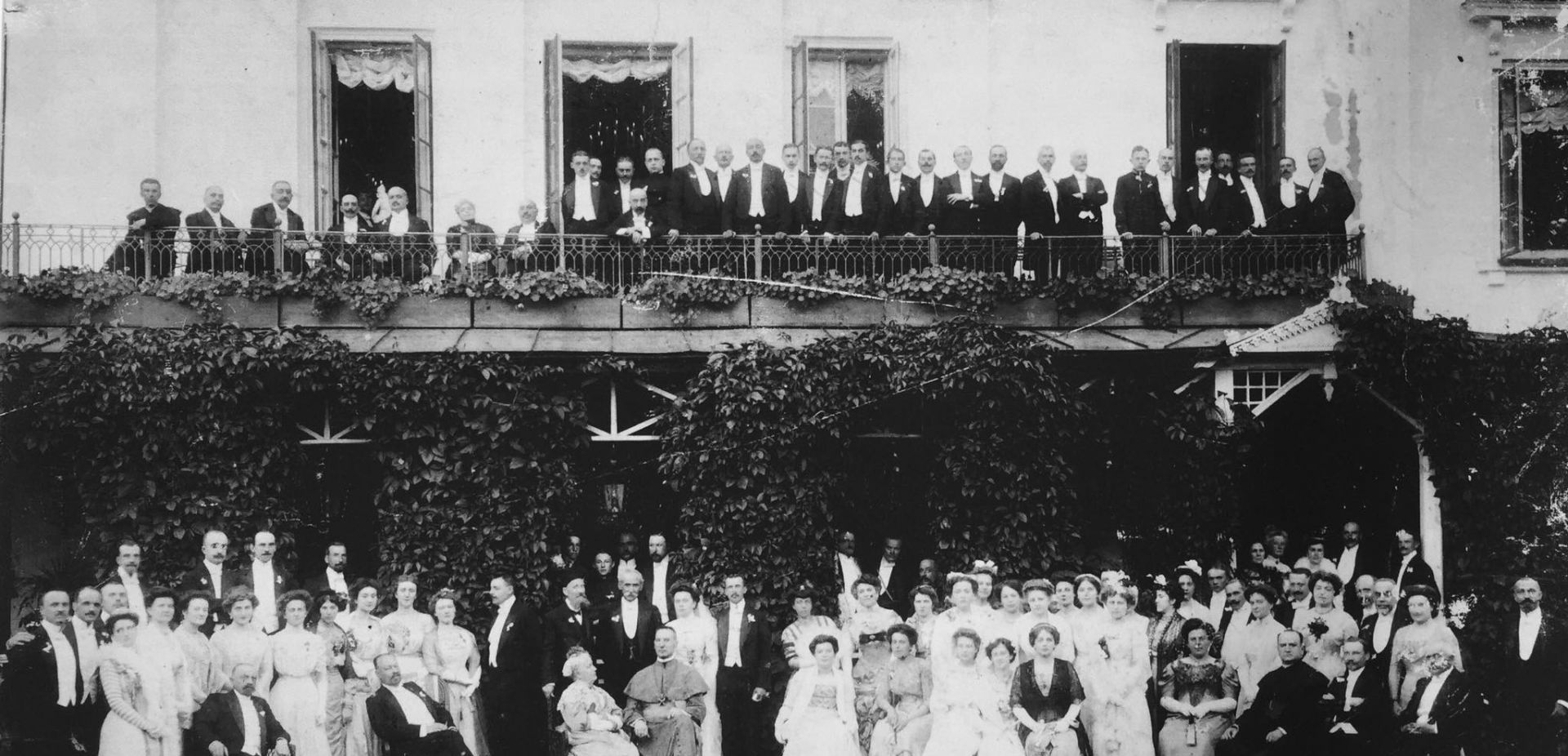
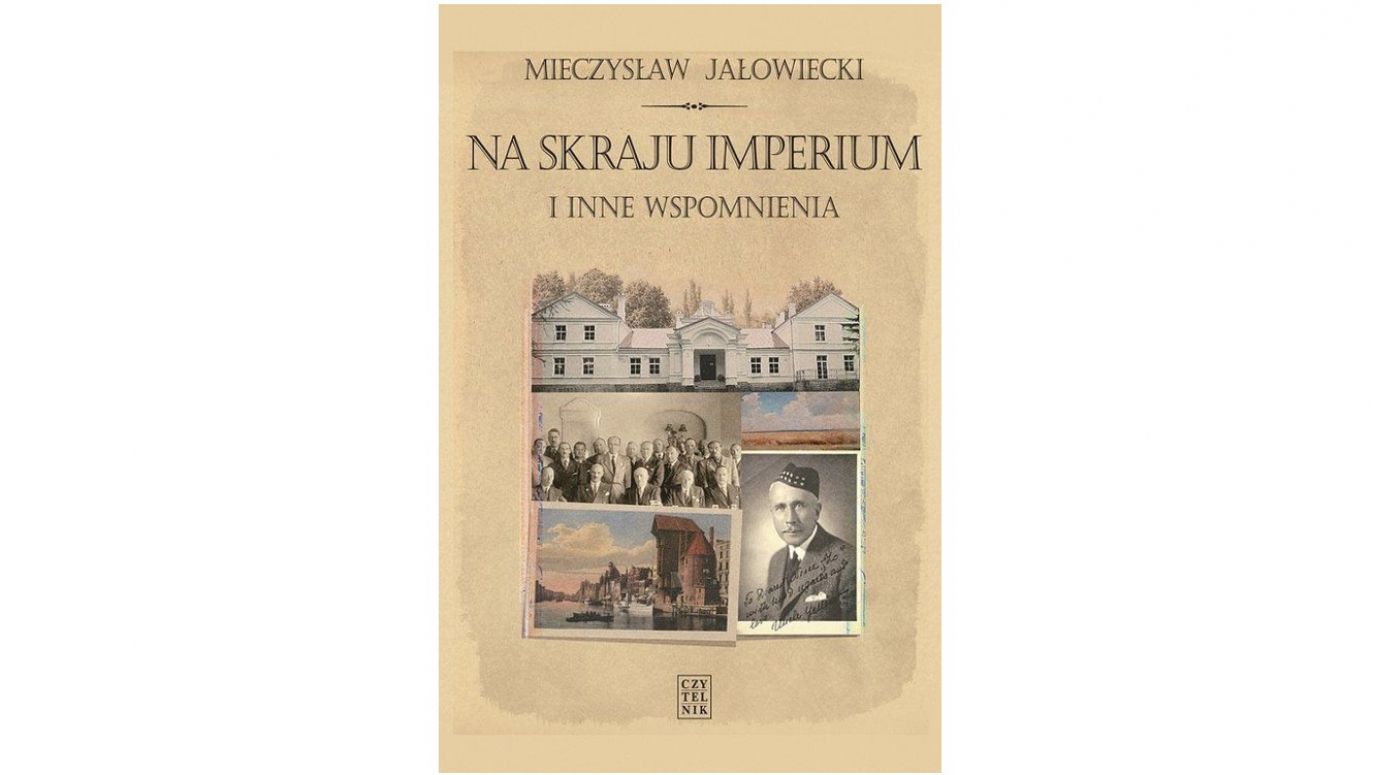
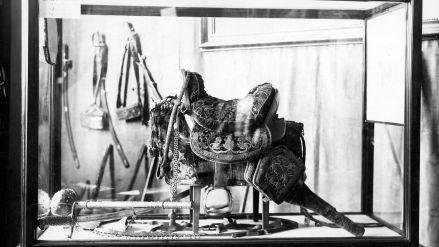
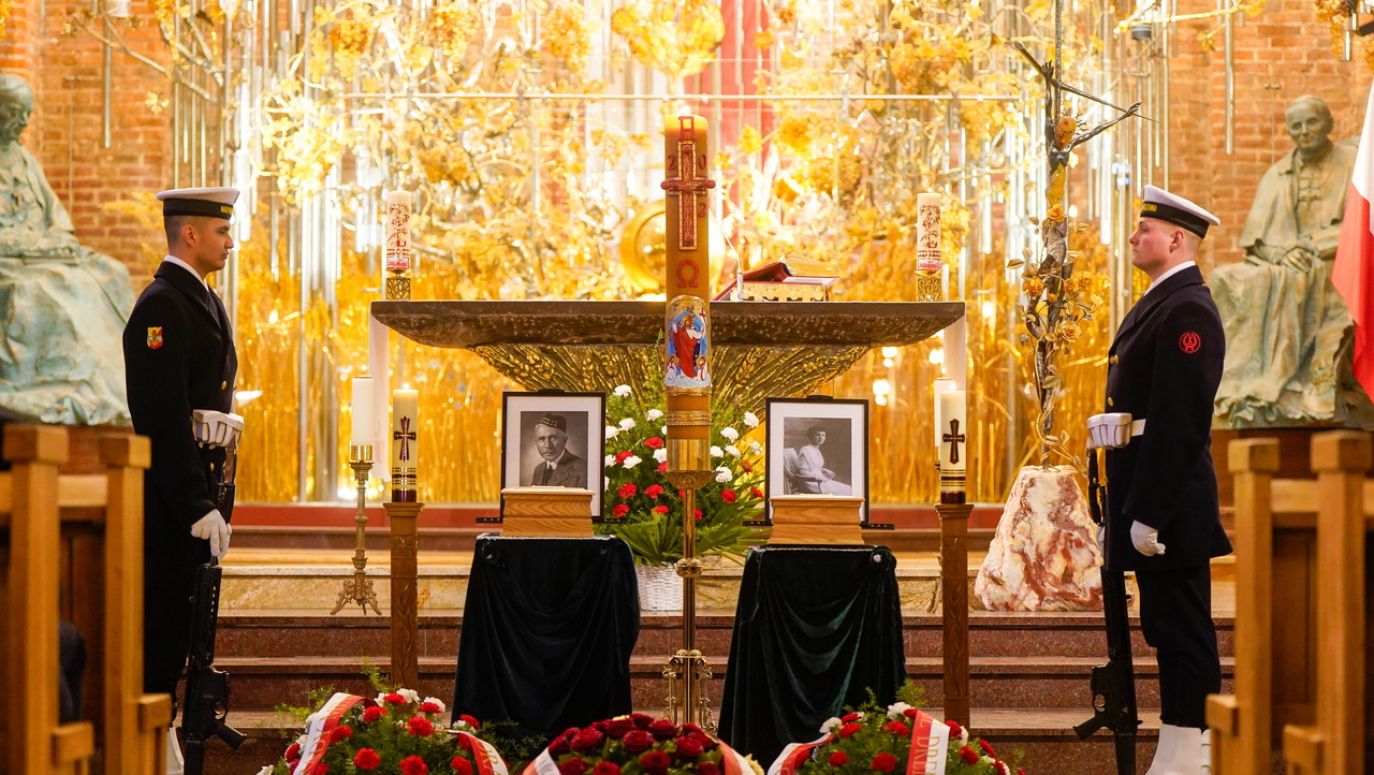

 SIGN UP TO OUR PAGE
SIGN UP TO OUR PAGE
 I’m guessing it’s not the end.
I’m guessing it’s not the end.



